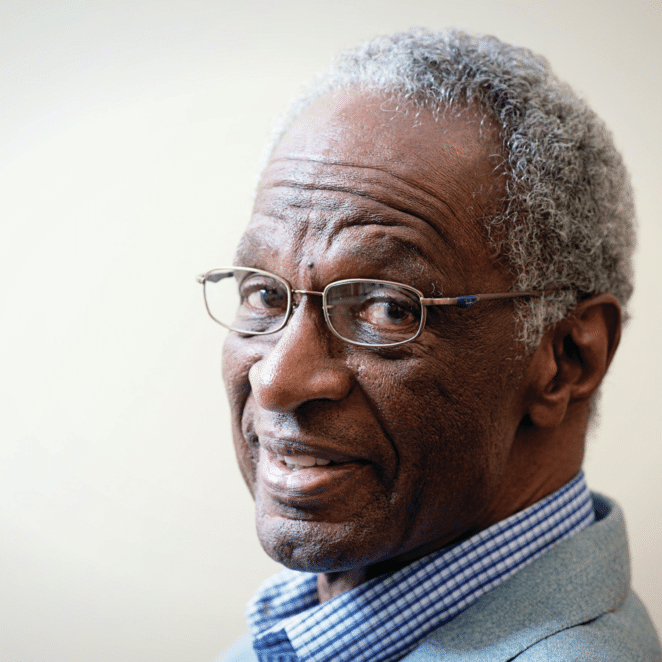Based on a survey and on interviews with superintendents from the nation’s largest urban districts, this study explores the working life of urban superintendents. The study concludes that the consensus of urban school superintendents is that many of the conditions of the superintendency set them up for failure. In particular, superintendents believe that:
- The structure of the position virtually precludes them from doing what they were hired to do. (Chapter 1)
- Although the policy discussion about schools revolves around student achievement, local school dynamics are driven by employment demands. (Chapter 2)
- They do not control their own agendas but are whipsawed by the demands of competing power centers within the system. (Chapter 3)
- Although changing and fickle demands from the public are hard to follow, external pressure and even crises can strengthen leaders’ hands, enabling changes that would otherwise be impossible. (Chapter 4)
- Although some districts are making progress in improving the performance of minority students, the skill in shortest supply is how to close the achievement gap. (Chapter 5)
- While non-traditional superintendents try to think outside the box, they are struggling with the same issues as their traditional peers and their success is by no means assured. (Chapter 6)
- The superintendency is a public management position in which political skill and calculation are as important as expertise about instruction. (Chapter 7)
- Superintendents want the authority they need to become true educational CEOs. (Chapter 8)
- Barriers to school reform are too numerous to overcome just with new and better leadership. (Chapter 9)
This study argues that given the expectations imposed on them, superintendents deserve authority commensurate with their responsibilities. The final chapter outlines a constellation of changes required to empower superintendents.









